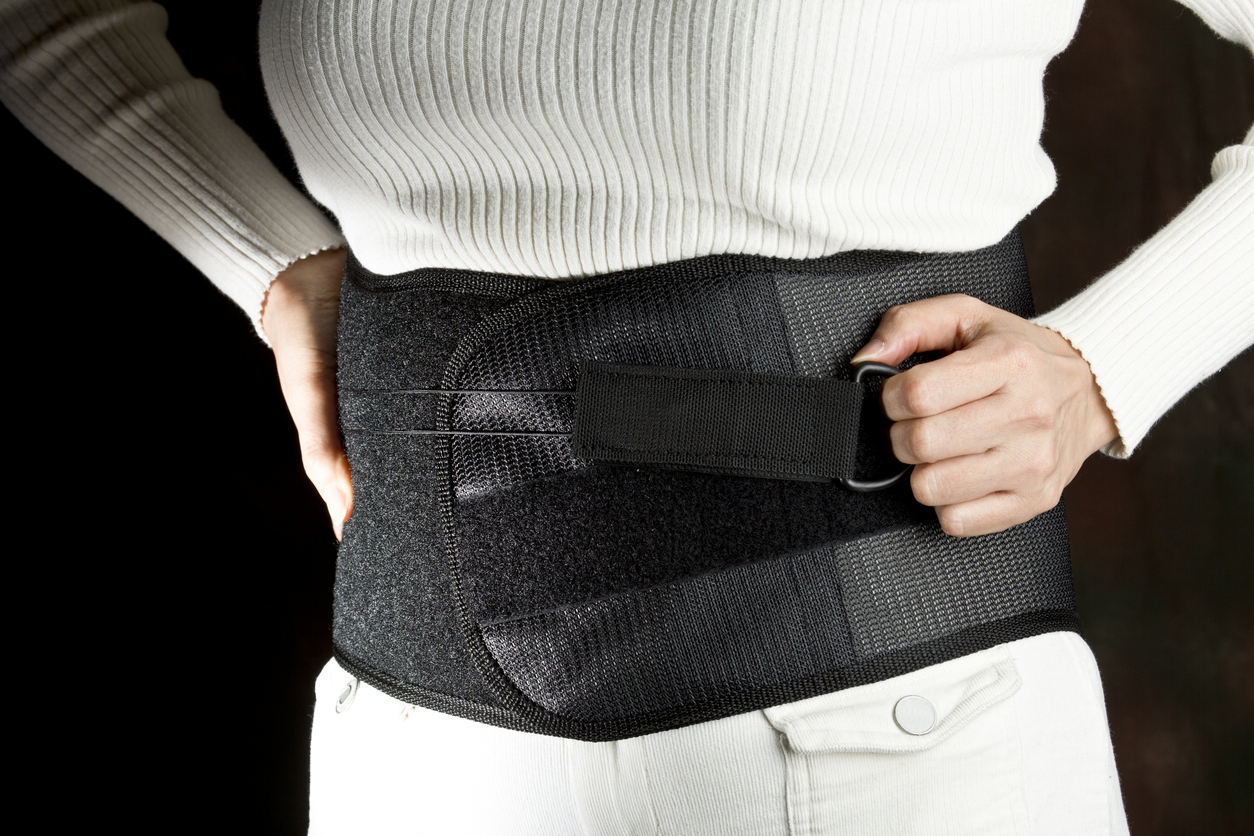Pain
What Is Radiculopathy?

Radiculopathy is the medical term for symptoms caused by irritation or compression of one or more spinal nerve roots. Spinal nerve roots connect the spinal cord with the nerves that supply sensation and motor function to the rest of the body.
Types of radiculopathy
Radiculopathy is grouped into three broad categories depending on the location of the irritated nerve:
- Lumbar radiculopathy, also known as sciatica, originates from a compressed nerve in the lower back. This is the most common type of radiculopathy. Lumbar radiculopathy tends to cause symptoms in the hips, buttocks, and lower extremities.
- Cervical radiculopathy originates from the neck. In addition to the neck, symptoms may also be felt in the shoulders, arms or hands.
- Thoracic radiculopathy is radiculopathy of the mid-spine. It is the least common location for radiculopathy to develop. Symptoms of thoracic radiculopathy are most often felt in the chest or wrap around the torso.
Symptoms
The symptoms of radiculopathy vary based on location. They include, but are not limited to, the following:
- Shooting, sharp or burning pain
- Pain that worsens with certain movements
- Muscle weakness
- Muscle spasms
- Loss of reflexes
- Changes in sensation
- Numbness or tingling of the limbs, hands or feet
It is also possible for an individual to be asymptomatic (absence of symptoms).
Causes
Radiculopathy is caused by changes in the tissue (spinal vertebrae, tendons, and spinal discs) that surround the nerve roots. When this occurs, the spaces where the nerve roots enter or exit the spine (the foramina) can narrow, causing foraminal stenosis. Changes in spinal tissue can occur due to deterioration of the spine during the aging process, trauma, bone spurs, herniated discs, and other conditions, such as spinal infections, ossification of the spinal ligaments, and tumors or cancerous growths that press against nerve roots.
Risk factors
While not always preventable, certain factors increase the risk of developing radiculopathy:
- Conditions that directly affect the spine, such as arthritis, scoliosis, or degenerative disc disease
- Work that requires heavy lifting or repetitive motions
- Excess body weight
- Diabetes
- Osteoporosis
- A family history of radiculopathy
- Poor posture
- Female
- Between the ages of 30 and 50
- Trauma to the spine















